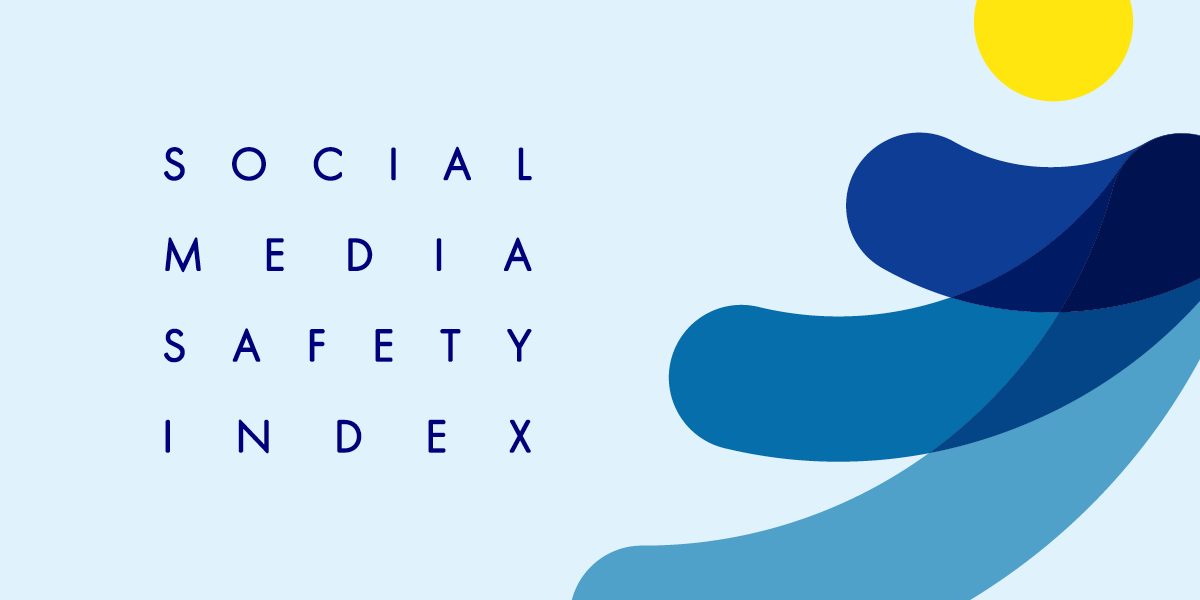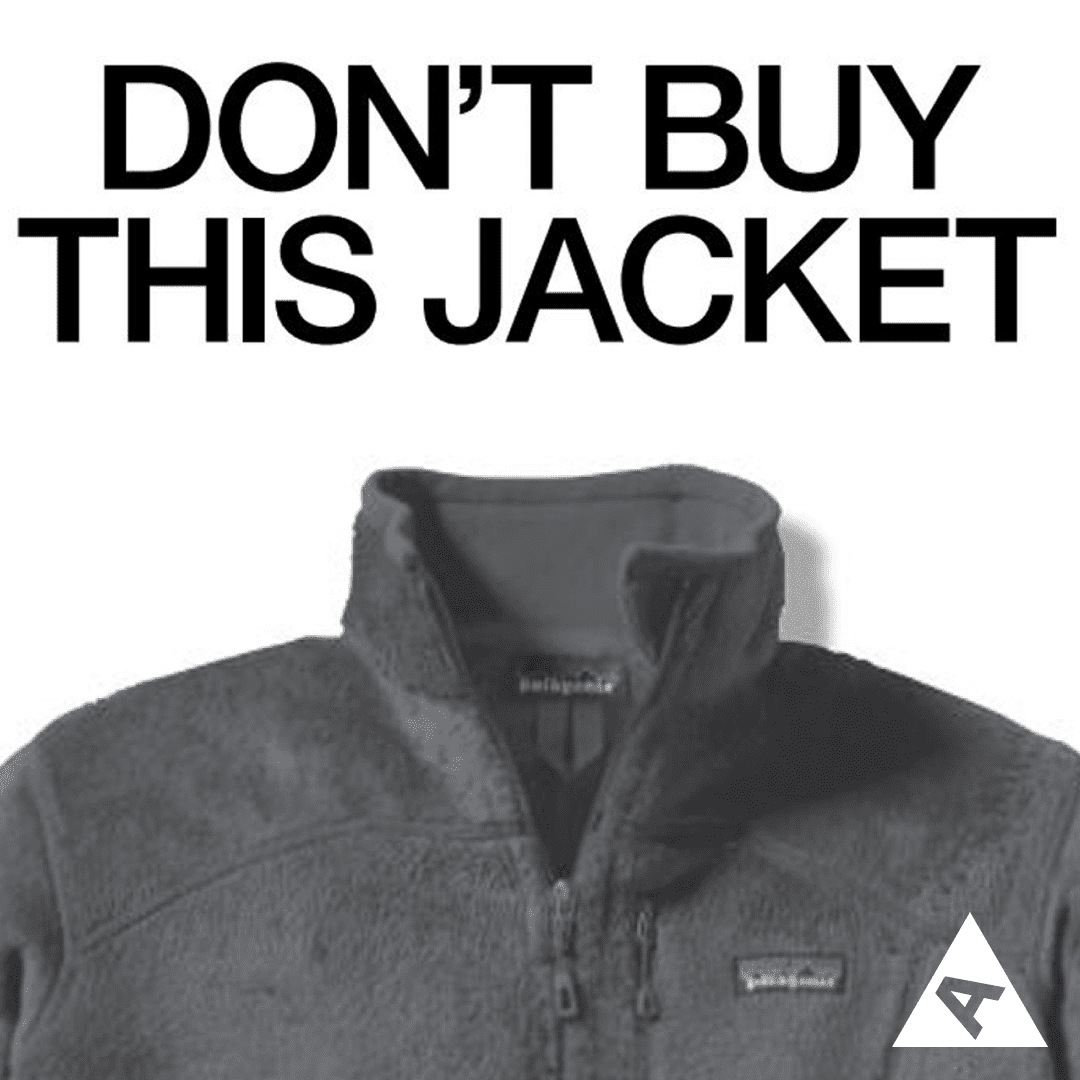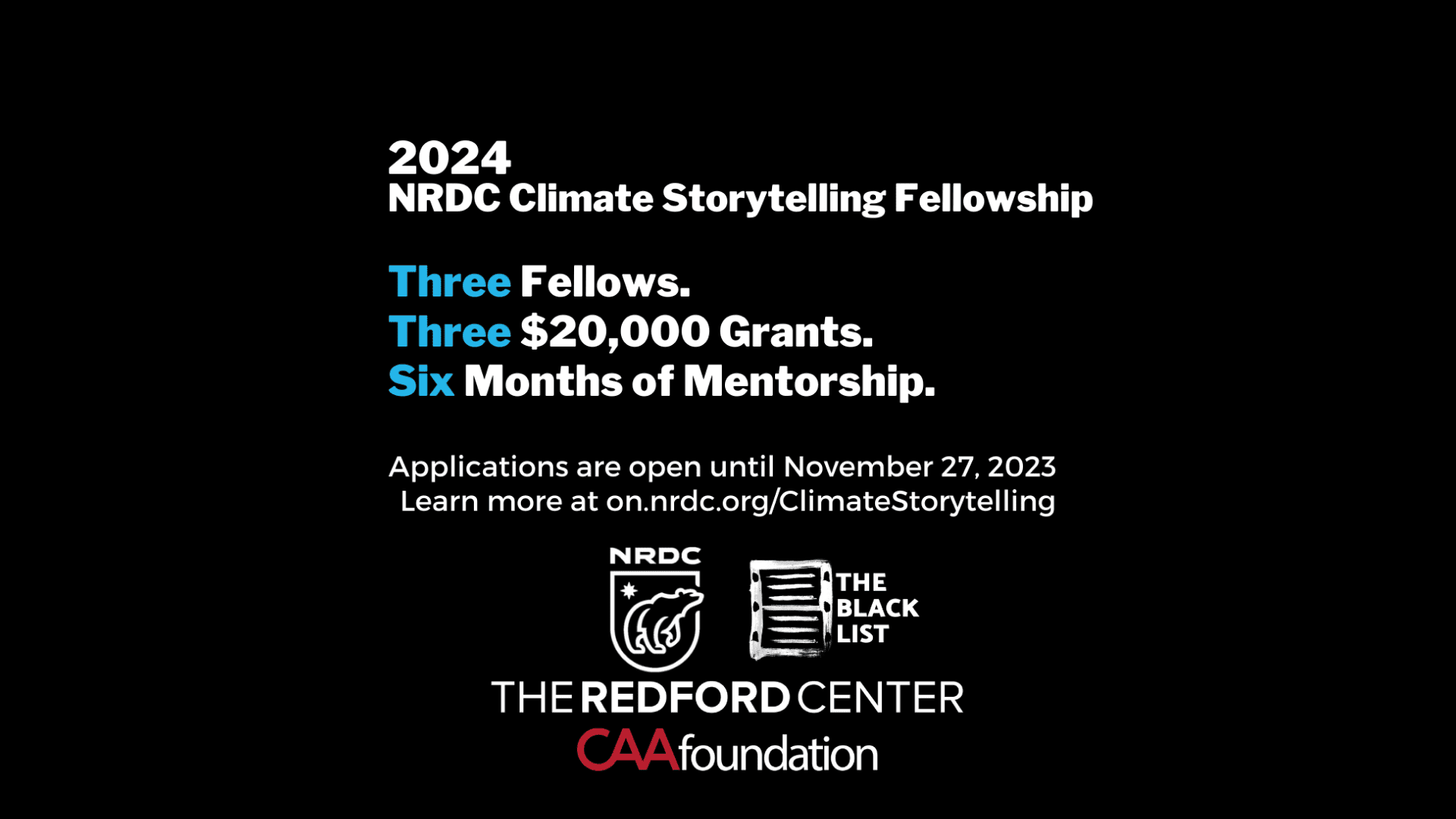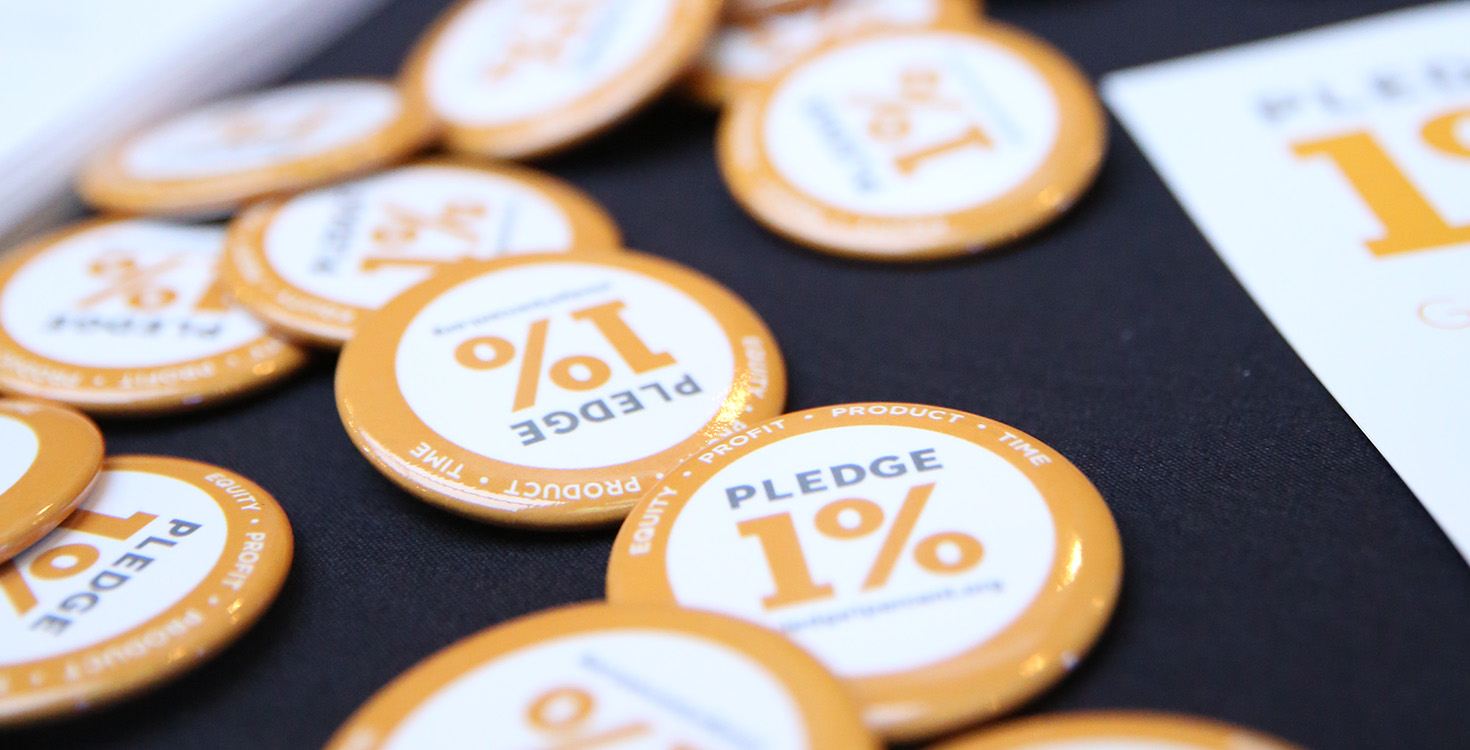How GLAAD is Holding Social Media Platforms Accountable
GLAAD’s Social Media Safety Index is the first regulatory structure that monitors and evaluates the level of safety and protection that exists on social media platforms for queer and Trans users. They met with us to talk about what went into making the index and why it’s so important for improving the digital experiences of LGBTQ+ folks.

As social media continues to grow exponentially, we’ve noticed more and more violence being manifested from online hate rhetoric. Since the volume of this rhetoric is so high, social media moderators have been having a difficult time filtering this content out from users’ timelines.
But that doesn’t completely absolve social media companies from the role they play in fostering hate online through safe-use policies that aren’t tightly enforced.
GLAAD, the leading advocacy group that has been fighting for LGBTQ+ issues across the country since 1985, strongly believes that social media platforms have a larger role to play in mitigating this.
“Social media platforms are active participants in the rise of this current anti-LGBTQ cultural climate,” they said. “and we firmly believe that they must do a better job at making safer products and policies, and enforcing those policies.”
In light of this, GLAAD has created a Social Media Safety Index (SMSI). First established in 2021, the index is a database where social media platforms are ranked on various markers that signal their level of safety, privacy, and expression for queer and Trans users. Some of the indicators on their scorecard are, “… explicit protections from hate and harassment for LGBTQ users, offering gender pronoun options on profiles, and prohibiting advertising that could be harmful and/or discriminatory to LGBTQ people.”
These indicators were developed in partnership with Ranking Digital Rights and Goodwin Simon Strategic Research. GLAAD also worked on the index with their very own SMSI Advisory Committee comprised of notable LGBTQ+ rights activists, such as Alok Vaid-Menon–known online as ALOK.
The index scores platforms out of a 100%, to which all major social media platforms scored under 50% in 2022. Instagram scored the highest out of all platforms, even though they’re standing at a 48%. This is precisely why GLAAD worked on creating the index–to hold the biggest platforms with the biggest impact on our society responsible for their lack of adequate protections for their queer and Trans users.
With the Social Media Safety Index, they’re hoping to create a regulatory system that keeps social media platforms in check, especially when it comes to the digital safety, privacy, and expression of LGBTQ+ folks.
“When an industry is confronted with such regulatory consequences, when they are forced to absorb those costs — they will figure out solutions,” they told us. “There is an urgent need for regulatory oversight of these companies. In the meantime, GLAAD works tirelessly to try to hold them accountable.”
Alongside the ratings, GLAAD also provides some key recommendations that platforms can take to improve their score based on the main aspects of LGBTQ+ digital safety they were found to be lacking in.
One of their key insights was to not only bolster platforms’ moderating frameworks to include the context of different languages, cultures, and regions but to also make it more holistic by ensuring that these platforms are not censoring LGBTQ+ content that’s made by and for LGBTQ+ users. They recommended that platforms work on improving their community guidelines to include specific policies that would disallow acts of hate against LGBTQ+ folks, such as deadnaming. They also suggested that platforms improve their privacy policies to ensure that the data of queer and Trans users is protected and not surveilled by the apps’ algorithms in the name of personalizing their feeds and sponsored content.
GLAAD noted that these recommendations haven’t been fully implemented so far not because it’s hard to do so, but because platforms are prioritizing profit over user safety.
“Our findings point to the fact that companies possess the tools they need to effectively curb anti-LGBTQ+ hate and rhetoric but instead are prioritizing profit over LGBTQ+ safety and lives,” they said. “Also, if they were to implement true data privacy and to stop the insidious practice of surveillance advertising, so many of these problems would be solved.”
However, that also doesn’t mean that their advocacy efforts have been futile. In their inaugural index from 2021, they recommended that TikTok include a clause in their community guidelines that prohibits targeted misgendering and deadnaming. As a result, TikTok incorporated this recommendation into their community guidelines in March 2022.
And these small victories are celebrated by GLAAD as they are indeed victories. Despite the fact that there is a lot more work to be done when it comes to enforcing LGBTQ+ digital safety, there is still a significant amount of unseen work being done by other organizations that are working towards holding social media platforms accountable.
As they told us, “A lot of what we do happens behind the scenes and I think that even if the platforms are not always doing what we are asking for, it is extremely valuable that they know we are keeping an eye on them.”
The SMSI is just an extension of the work GLAAD has always done, which is making sure media organizations take responsibility for how they’re representing LGBTQ+ folks in their content. They have always used their influence to “hold accountable the powers that be,” and the SMSI is furthering that work by integrating digital media into the roster of organizations they monitor.
To align your work with Anthem Winners like GLAAD, make sure to enter the 2nd Annual Anthem Awards by our Extended Entry Deadline on October 21st! Click here to learn more about our categories and how to enter!








